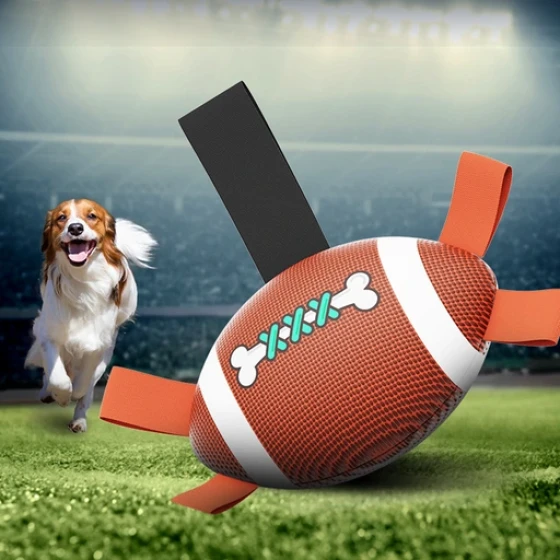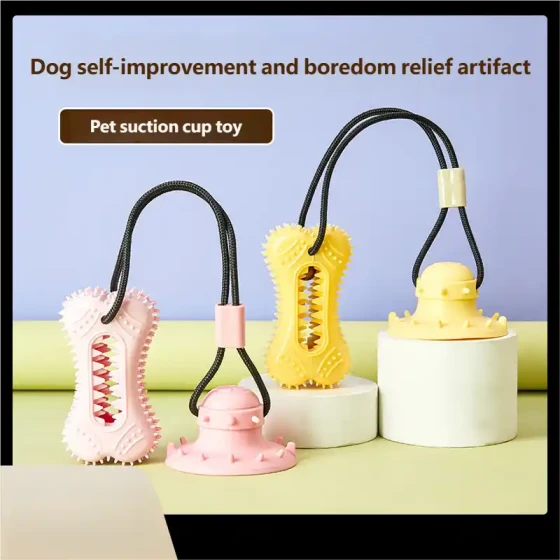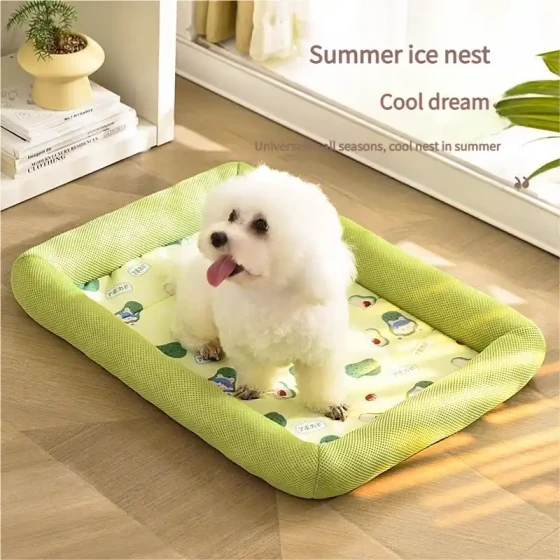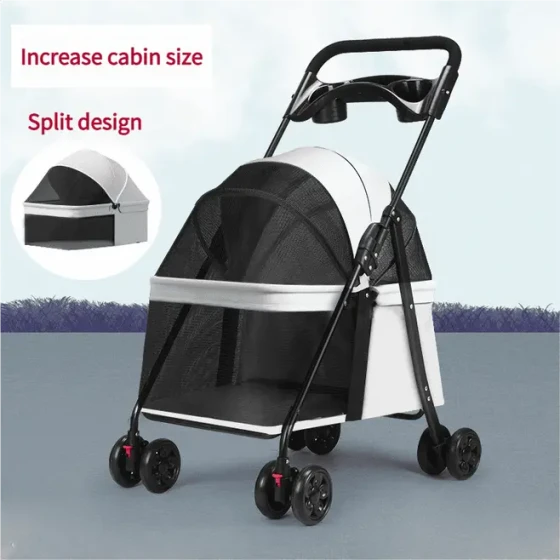Remember Four Points to Let Huskies Healthily Get Through the Seasonal Change Period

In early March, all things revive. Did you know Huskies are easily infected by various diseases during the seasonal change period? For example, influenza attacks. The following points are special care tips collected by the editor for raising Huskies during seasonal changes. We hope your little Huskies can healthily get through the season and enjoy the warmth brought by spring.
Things to pay attention to when raising Huskies during seasonal changes: Shade
Huskies love embracing nature. Letting them bask in the noon sun and take a little nap is a great pleasure in their lives. Especially the gentle spring sunshine can eliminate the dampness Huskies accumulate in winter, which is a two-fold benefit! Although the spring sun is not as intense as the summer sun, prolonged exposure may still affect Huskies' health due to heat or direct ultraviolet rays. Therefore, providing shade is the first step in spring pet care. When sunlight is strong, consider adding a curtain to block the sunlight for your Husky. For Huskies kept outdoors, you can consider building a shed or some form of cover to shelter them from the sun, choosing a spot for sunbathing according to your situation.
Things to pay attention to when raising Huskies during seasonal changes: Cold Protection
During the day in spring, focus on providing shade, but at night, strengthen cold protection to counter sudden temperature drops. Huskies kept outdoors are like thermometers; even slight temperature differences can sensitively reflect their health conditions. You can add a blanket or similar padding in the Husky's kennel, which not only insulates the air, reducing temperature fluctuations, but also lets the Husky sleep more comfortably and soundly at night. Such a small considerate action will make your Husky's spring health care plan easy and effortless.
Things to pay attention to when raising Huskies during seasonal changes: Deworming
As spring warms up and temperatures rise, not only you and your Husky become active, but fleas and dust mites become lively too. When you take your Husky for a walk in the grass, fleas and ticks seize the opportunity to jump onto the Husky’s body, so it is necessary to regularly clean and deworm your Husky. In addition, Huskies that don’t go outside may also get fleas because larvae hiding in the doghouse during winter hatch as temperatures rise, making spring a prime time for flea activity. Once Huskies get fleas, it’s hard to cure them thoroughly, so before these parasites start active, clean and disinfect the doghouse and surrounding areas thoroughly and keep them clean. Many preventive and deworming medications are available on the market; consult professional veterinarians or pharmacies.
Things to pay attention to when raising Huskies during seasonal changes: Frequent Grooming
When we change out of winter clothes into spring wear, Huskies also start their early spring molt, shedding their winter insulating fur for cooler summer fur. Generally, the whole molting process takes several weeks to complete. During this time, owners must groom daily with a comb or brush to remove loose hair, promote blood circulation in the Husky’s skin for a smoother molting process, and help the Husky have soft, shiny fur!
Spring Pet Care Attention to Disinfection
Spring is a high season for respiratory infectious diseases and various pet illnesses. From both pet owners’ and pets’ health perspectives, disinfecting daily supplies and home environments is an effective way to prevent springtime diseases.
Many zoonotic diseases are transmitted through contact between humans and animals. In spring, as temperatures rise and viruses become more active, combined with Beijing’s windy weather, viruses transmitted by droplets attach to pet fur, making pets susceptible and even infection sources; this period is also the animals' mating season, accelerating viral spread. However, pet infections require certain conditions.
Generally, city families can control these conditions. First, pets should be healthy and not allowed to roam freely outside; feed clean water and dog or cat food, avoid raw or contaminated food; vaccinate as required, and promptly seek veterinary treatment if ill; also pay attention to daily hygiene, washing hands after contact with animal excrement, and keep pets’ daily tools clean and regularly disinfected.



